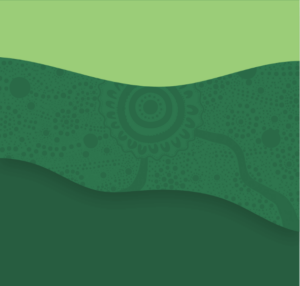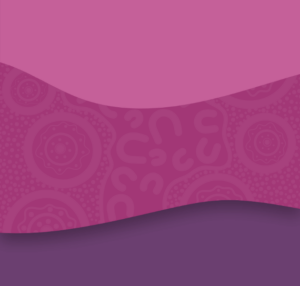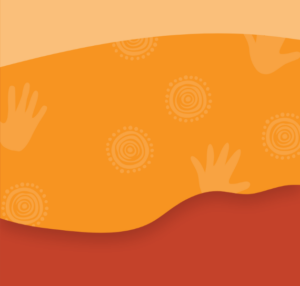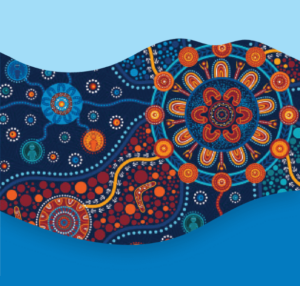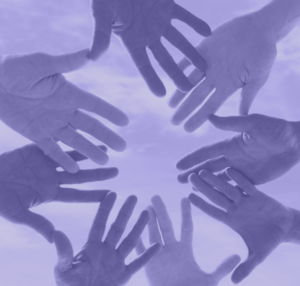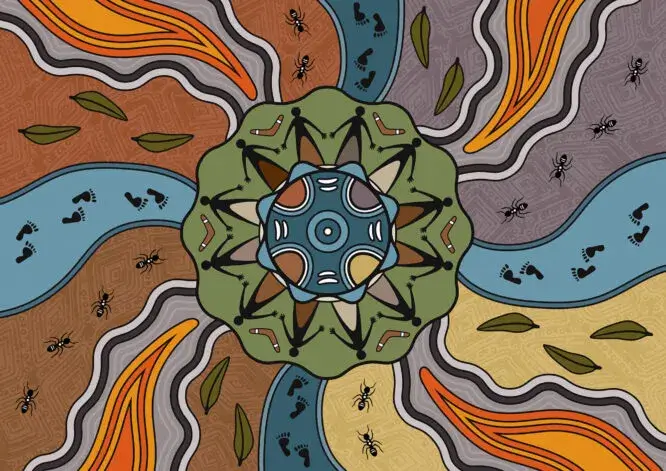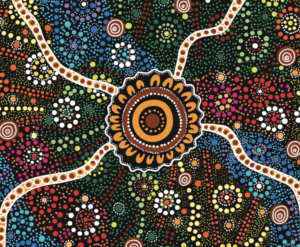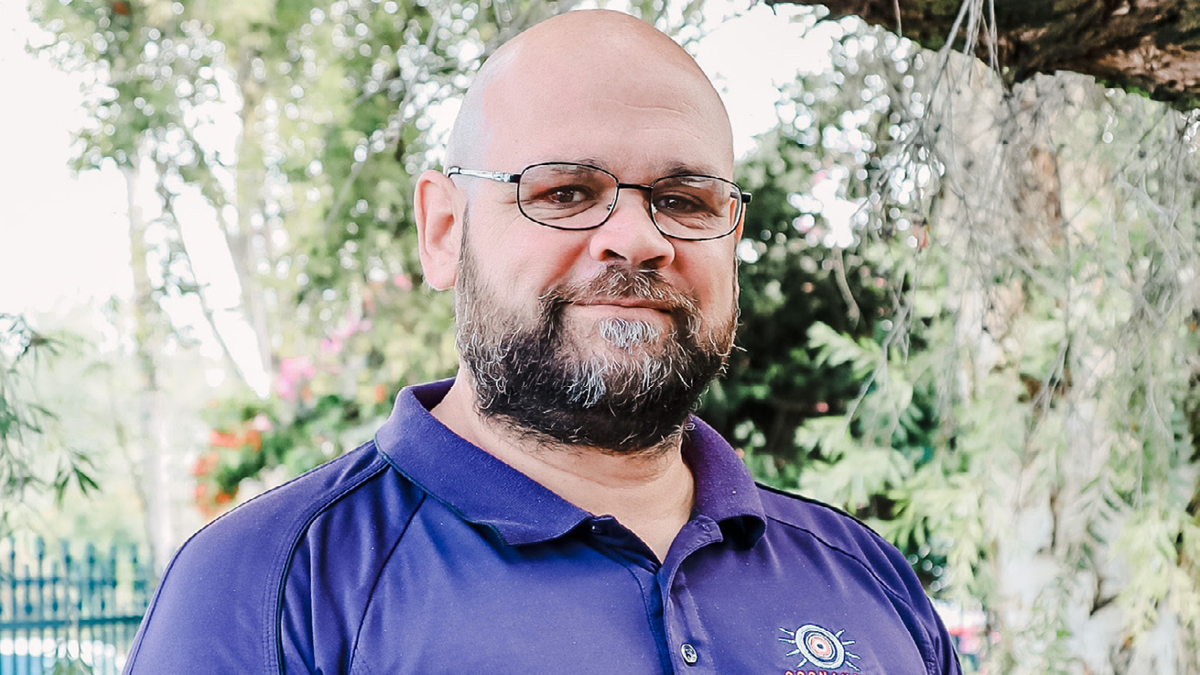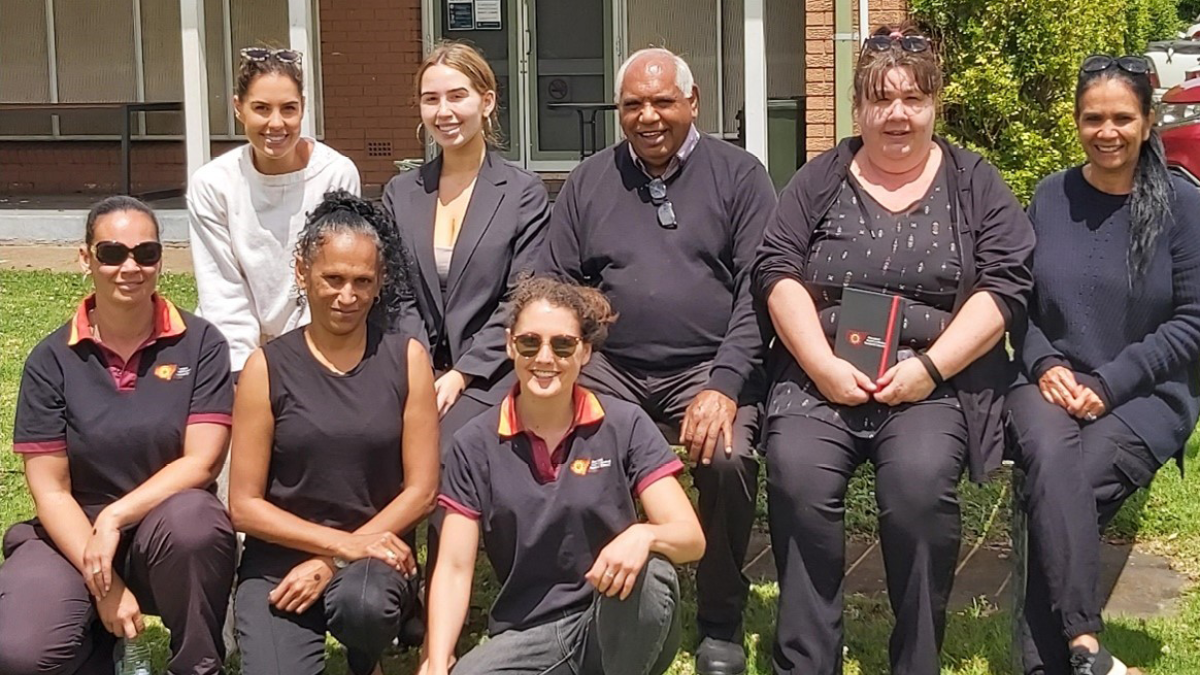As a young 47-year-old man, yet to hit the milestone of eldership, I reflect on two times in my life that feel worlds apart; my youth and now.
Always was Always will be were not words I heard as a young person, but as time goes on and my living status, memory and tradition changes, so have our conversations.
As a young man I grew up not fully understanding the true impact of who we are as people because our lives, through colonisation and policy, were controlled to a point whereby we were taught to think a certain way and put behind us the history of our ancestors.
I was never told our dream times stories but, as kids, we did practice a little of our traditional values and always had a high amount of respect for our elders. With the limited traditional values that were shared, we were never told the truth of who we really were as people to our own country.
The way I look at my childhood and the way I reflect upon it now, makes me feel frustrated that I was never told the truth. I can remember as a young person, that my life was good, I was happy, I had some really good friends, our family was accepted in community and I had really supportive parents, but years later I realised that the true story of our Aboriginal Australia was never told to us.
My memory through intergenerational history, tells me that what I wasn’t supposed to learn, was the truth of what I was meant to hear. History suppressed our memories.
I can remember sitting in my class in my Primary School days and singing songs such as, “toorali-oorali-addity, singing toorali-oorali-ay, singing toorali-oorali-addity, and we’re bound for Botany Bay.” I loved the tune. I sang this song with pride but never recognised until years later that I was actually singing a song that had no connection to me as an Aboriginal person. This was my childhood culture.
I experienced racism, had to fight for my independence, was oppressed to think another way, experienced intergenerational trauma through the removal of grandparents on my mother’s side and experienced the despair of dispossession.
I always knew I was Aboriginal and I always knew that my growing up was different, but it didn’t stop me from being who I am now. I now know more about my history, the pain, the suffering and the hurt that our ancestors went through and I allow this piece of history to motivate me to teach our kids and the wider community about our struggles and the true culture of being Aboriginal:
- The dispossession,
- The removal,
- The racism,
- The Policies,
- The Government,
- My people.
The culture you see today is not the culture of who we are. Traditionally, our values are represented through, spiritualty, kinship and connection to country. I cannot change history, but I can be involved in the truth-telling of our history. Always was, always will be.
